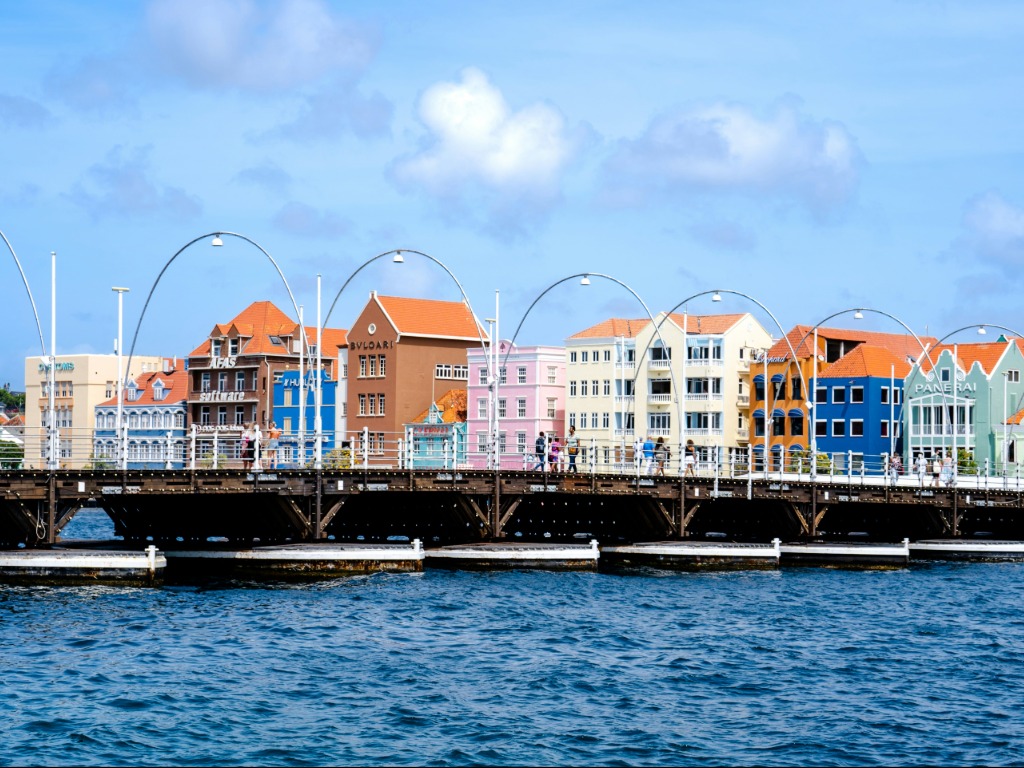So, You Think They Trust You

A newly released report by Deloitte Canada reveals that 57% of Canadian consumers do not believe most green claims brands make.
In fact it found that consumers are confused and frustrated by the proliferation of sustainability claims, while business leaders think the public has a significant (71%) or moderate level of trust in the authenticity of those claims.
However, while the report — “Creating value from sustainable products: How business purpose and brand trust can make the difference” – did reveal a substantial disconnect between how brands and consumers regard sustainability claims and products, it also found that companies gain an advantage by closing the perception gap and validating those claims.
Joe Solly, Partner, Risk Advisory, Ontario Leader for Sustainability and Climate Change, Deloitte Canada, explained that: “Companies are falling into a false sense of security, believing that if they just produce a seemingly better product and bring any sustainability claim to it, it’s going to do well.”
Solly continued: “What’s missing is the strategic thinking behind the product’s creation. Embedding purpose as part of the entire value chain can have a lasting and powerful impact on brands. Those that dive deeper into understanding their consumers and the values that motivate purchase behaviours will get ahead with truly sustainable products and won’t be accused of greenwashing.”
Deloitte Canada’s report also found that 41% of businesses underestimate the risks of greenwashing accusations if they pursue sustainability goals. Business leaders surveyed seem largely unconcerned or unaware of how consumers perceive their sustainable product or the potential impacts that accusations of greenwashing could have on their brand.
Meanwhile, nearly half of consumers (46%) are not willing to pay extra for sustainable products, stating it is hard to identify those that are genuinely sustainable. Consumers are more likely to purchase a product if it is truly sustainable but need more information to help them make that decision.
Almost all surveyed (94%) believe it is a brand’s responsibility to create green products, and they want companies to make sustainability integral to their business and purpose.
Said Solly: “It starts with a commitment by leadership, and a holistically integrated approach to sustainable practices, from design, supply, manufacturing, transportation, and all the way to marketing. This is how brands can build consumer trust and strengthen the case that sustainable products are indeed the better choice and offer the highest value. With more rigorous regulations about sustainability claims on the horizon, businesses need to ensure they can back up what they are they’re telling consumers.”
Purpose-led companies can generate trust, goodwill, and momentum among customers. By committing to established, third-party certifications and working relentlessly to communicate the advancement of sustainability goals, brands can close the trust gap and achieve business success.
The report also revealed that almost two-thirds of Canadian companies have considered developing sustainable products or services. Of those that went on to develop one, 62% feel that research and development was too costly.
As for businesses that are not considering developing sustainable products, they point to a lack of consumer demand and concerns about being able to communicate authentically – despite recent examples of clothing retailers and consumer goods companies taking reputational hits over false or misleading claims.
For the full report, CLICK HERE
Image courtesy Deloitte Canada


